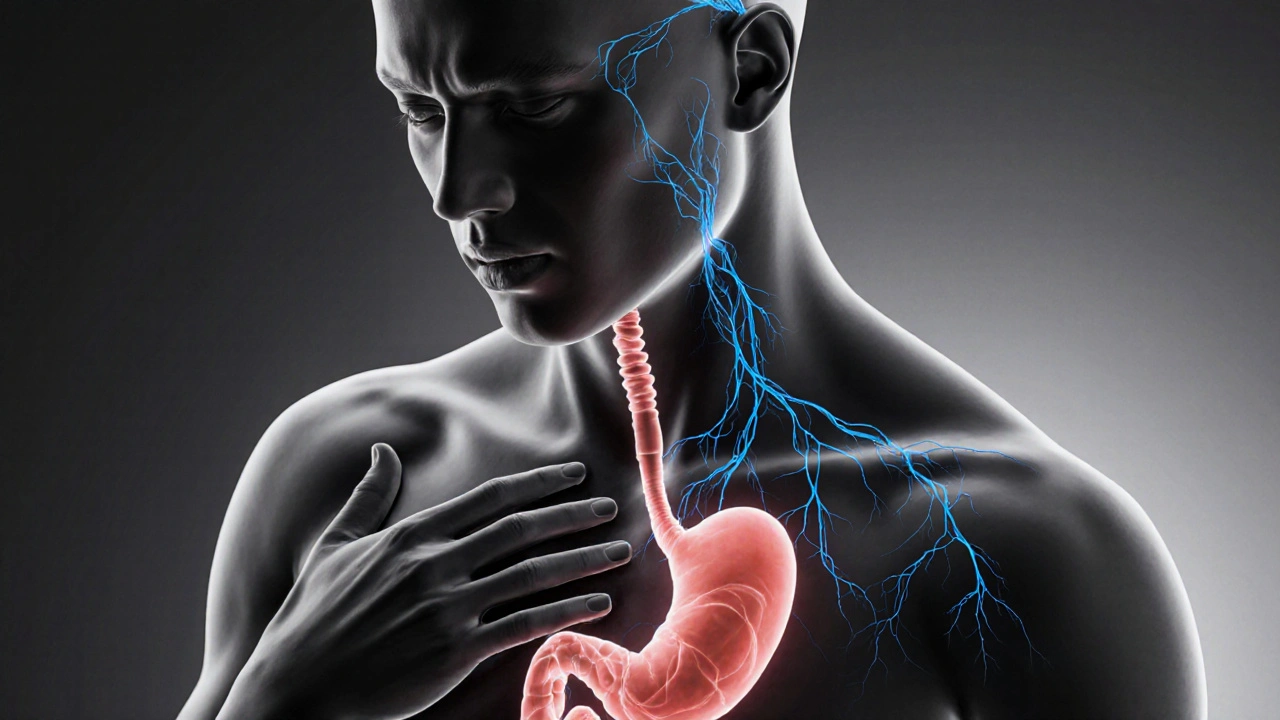IBS Treatment: Real‑World Options and Practical Guidance
When dealing with IBS treatment, a set of strategies aimed at reducing abdominal pain, bloating, and irregular bowel movements in people diagnosed with irritable bowel syndrome. Also known as IBS therapy, it combines lifestyle tweaks, medicines, and mind‑body techniques to bring relief.
Dietary management, the practice of adjusting food intake to avoid triggers like high‑FODMAP items is often the first line of attack. Studies show that cutting down on fermentable carbs can cut bloating by up to 40 % for many patients. The key is not a blanket diet but a tailored plan—keep a food‑symptom diary, test low‑FODMAP phases, then gradually reintroduce foods to see what truly bothers you. Dietary management also sets the stage for other therapies: a stable gut environment makes probiotic colonization easier and medication absorption more predictable.
Probiotic Therapy, Medication, and Stress Relief
Probiotic therapy, the use of live beneficial bacteria to balance gut flora works hand‑in‑hand with diet. Strains such as Bifidobacterium infantis and Lactobacillus plantarum have been linked to reduced abdominal pain and smoother stools. The trick is picking a product with enough CFUs and a strain profile backed by research—don’t rely on vague “gut health” blends.
Pharmacologic therapy, prescription or over‑the‑counter meds that target bowel motility, pain, or secretion comes into play when symptoms persist despite diet and probiotics. Antispasmodics (e.g., hyoscine), low‑dose tricyclic antidepressants, and the newer bile‑acid binders each address a different IBS subtype. Choosing the right drug means matching the dominant symptom—cramps, diarrhea, or constipation—to its mechanism of action. A doctor‑approved taper schedule can prevent side‑effects and keep you on track.
Stress reduction isn’t a gimmick; it’s a core component of IBS treatment. The brain‑gut axis means anxiety can amplify gut motility, while relaxation techniques—mindful breathing, CBT‑I, or gentle yoga—can break that loop. Even a short daily meditation session can lower visceral pain scores by a noticeable margin, according to recent clinical observations.
Putting it together, IBS treatment encompasses dietary management, probiotic therapy, pharmacologic therapy, and stress reduction. Each piece influences the others: a low‑FODMAP diet improves probiotic efficacy; effective meds make stress‑relief practices more tolerable; reduced stress, in turn, stabilizes gut motility. Below you’ll find a curated set of articles that dive deeper into each of these pillars, offering step‑by‑step guides, dosing tips, and real‑world stories to help you build a personalized plan.
Vomiting and Irritable Bowel Syndrome: Causes, Treatment, and Prevention Tips
- Laura Ledas
- Aug, 17 2025
Learn why vomiting can be a symptom of IBS, discover common triggers, effective treatments, and practical steps to prevent future episodes.
Learn More